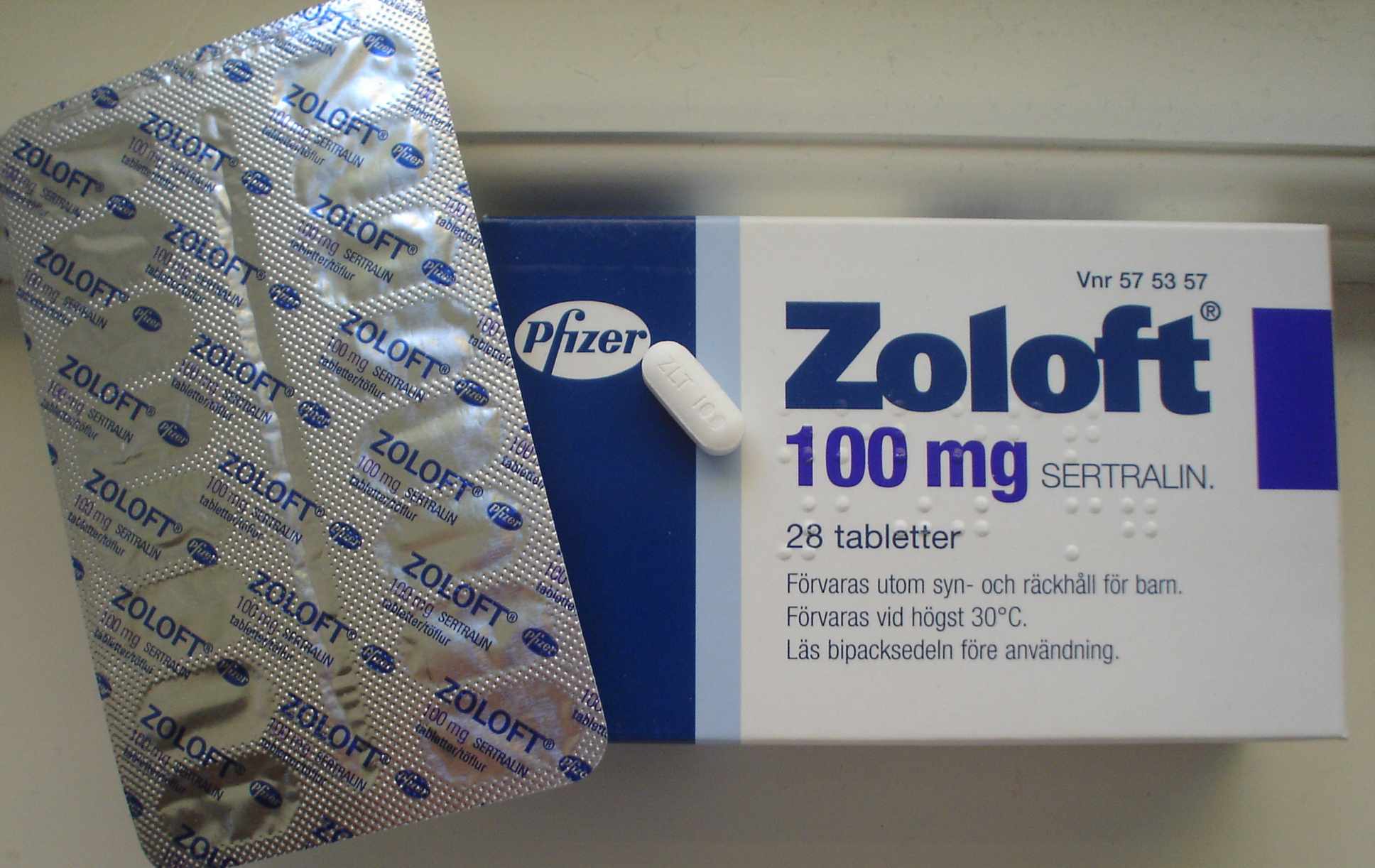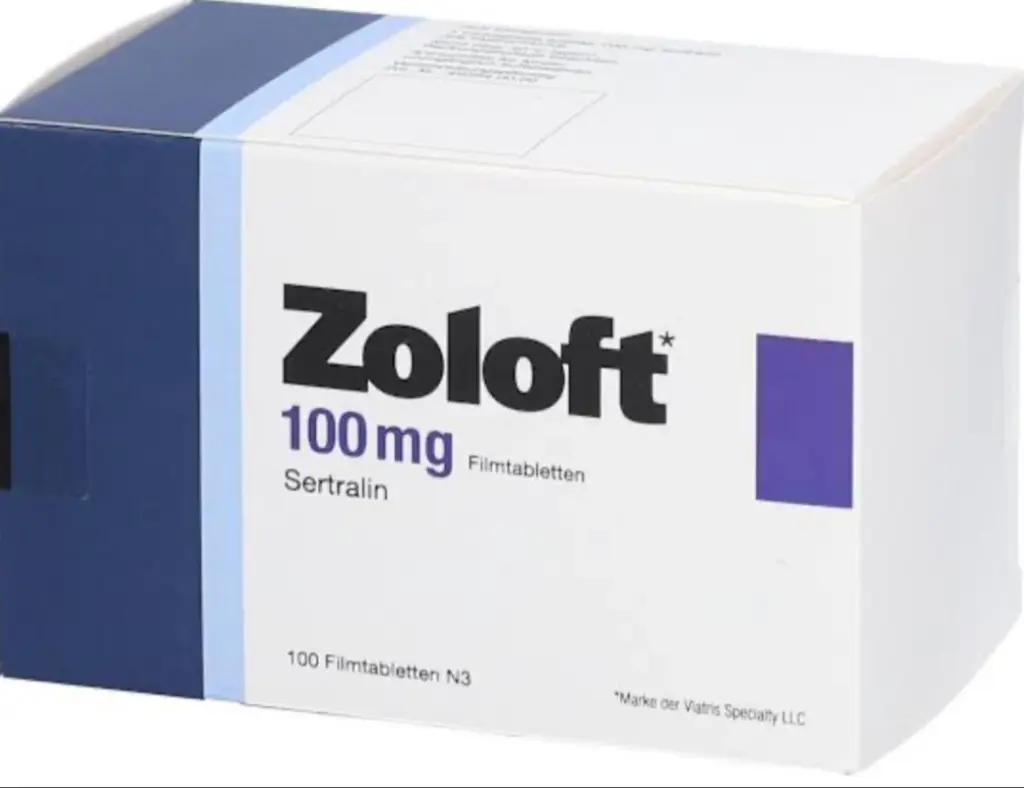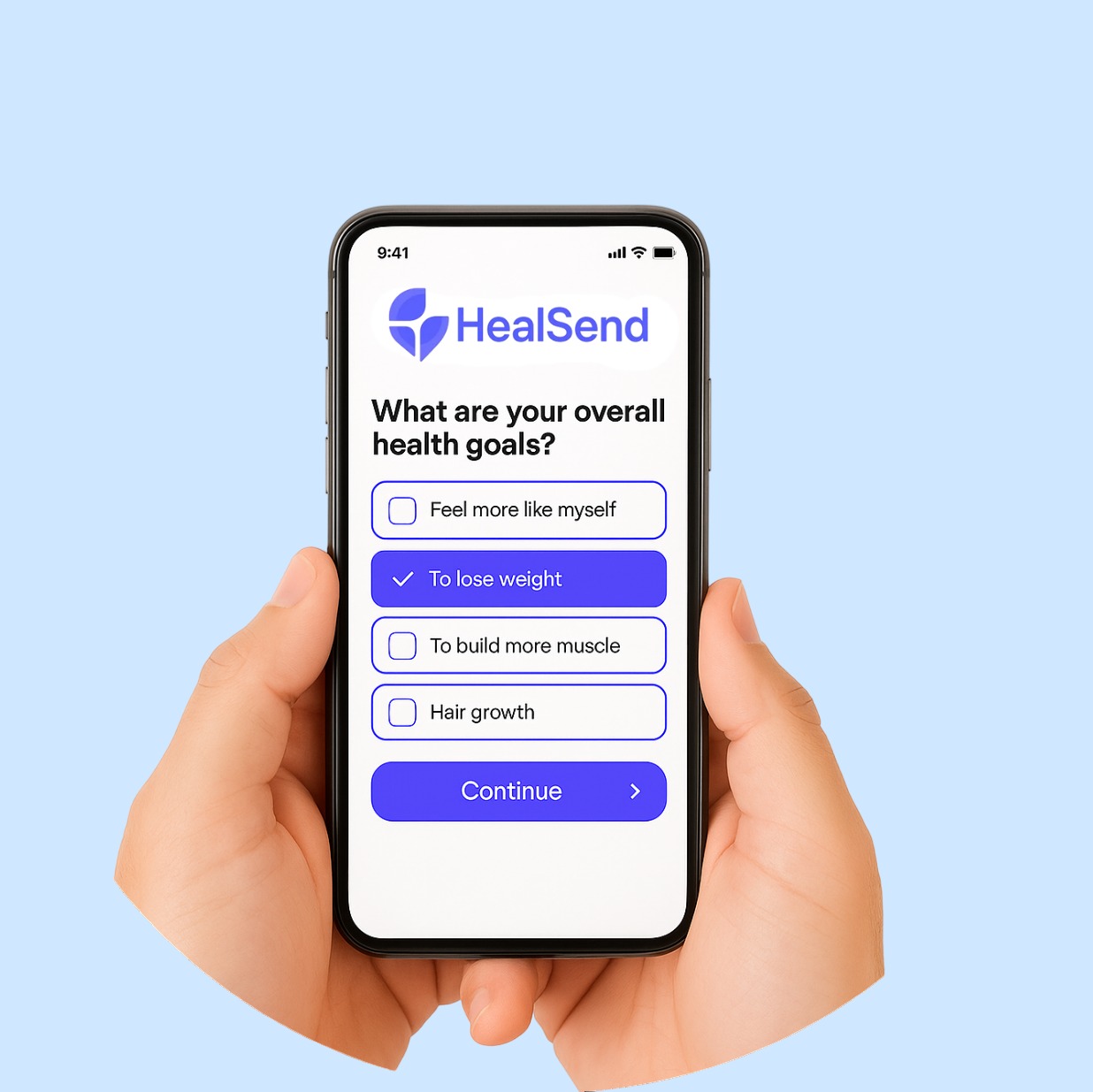Zoloft, known by its generic name sertraline, is a commonly prescribed medication used to treat a range of mental health disorders. As an experienced copywriter, my aim is to provide a comprehensive understanding of Zoloft, its uses, and potential side effects in a manner that is easy to understand and actionable. With an increasing number of people seeking mental health support, understanding the medications available is essential for informed decision-making.
Chemical Composition and Mechanism
Zoloft is a selective serotonin reuptake inhibitor (SSRI) that functions by increasing serotonin levels in the brain. Serotonin is a neurotransmitter that plays a crucial role in mood regulation, sleep, and overall mental health. By preventing the reuptake of serotonin, Zoloft allows for more of this neurotransmitter to be available in the brain, which can help improve mood and reduce symptoms associated with various mental health conditions.
Historical Context and Development
The development of SSRIs like Zoloft marked a significant advancement in psychiatric medicine. Approved by the FDA in the early 1990s, Zoloft offered a new mechanism for managing depression and anxiety that was distinct from older classes of antidepressants. The drug’s introduction provided a more targeted approach with a generally favorable side effect profile, leading to its widespread adoption in mental health treatment.
Pharmacokinetics and Metabolism
Zoloft’s pharmacokinetics involve its absorption, distribution, metabolism, and excretion. After oral administration, Zoloft is absorbed into the bloodstream, reaching peak plasma concentrations within a few hours. It is metabolized primarily in the liver and excreted in both urine and feces. Understanding these processes can help healthcare providers optimize dosing schedules and manage potential interactions with other medications.
Uses of Zoloft
Depression
Zoloft is widely prescribed for the treatment of major depressive disorder (MDD). It has been shown to effectively improve mood, increase energy levels, and restore interest in daily activities.
Effectiveness in Different Populations
Clinical studies have demonstrated Zoloft’s effectiveness across diverse populations, including adolescents and older adults. In younger patients, Zoloft can help alleviate symptoms of depression, improving academic performance and social interactions. Among older adults, it can reduce depressive symptoms that might otherwise exacerbate age-related cognitive decline.
Long-term Use and Maintenance
For many patients, Zoloft is not just a short-term solution but a long-term component of their mental health management plan. Continuous use can prevent relapse into depressive episodes, offering sustained improvement in quality of life. Regular follow-ups with healthcare providers are crucial to monitor the medication’s effectiveness and make necessary adjustments.
Integration with Psychotherapy
Combining Zoloft with psychotherapy can enhance treatment outcomes. Therapies such as cognitive-behavioral therapy (CBT) complement the pharmacological effects of Zoloft, addressing the cognitive aspects of depression and equipping patients with coping strategies. This integrated approach is often more effective than medication alone.
Anxiety Disorders

Beyond depression, Zoloft is also used to manage anxiety disorders, including generalized anxiety disorder (GAD), social anxiety disorder (SAD), and panic disorder. By reducing anxiety symptoms, Zoloft helps patients regain control over their lives.
Mechanism in Anxiety Relief
Zoloft’s impact on serotonin levels helps modulate the brain circuits involved in anxiety. This modulation can lead to decreased overactivity in areas of the brain responsible for the stress response, thereby alleviating anxiety symptoms. Patients often report feeling calmer and more in control after starting Zoloft.
Patient Experiences and Testimonials
Many patients have shared positive experiences with Zoloft in managing their anxiety disorders. Testimonials often highlight improvements in social interactions, reduced panic attacks, and enhanced ability to manage stress. These personal stories underscore the medication’s potential to significantly enhance daily functioning.
Considerations for Anxiety Treatment
When prescribing Zoloft for anxiety disorders, healthcare providers consider factors such as the severity of symptoms, patient history, and any concurrent mental health conditions. Adjusting the dosage to suit individual needs is critical for maximizing benefits and minimizing side effects.
Obsessive-Compulsive Disorder (OCD)
Zoloft is often prescribed for obsessive-compulsive disorder, helping to decrease the frequency and intensity of obsessive thoughts and compulsive behaviors.
Symptom Reduction and Quality of Life
Patients with OCD often experience intrusive thoughts that lead to compulsive behaviors. Zoloft can significantly reduce these symptoms, allowing patients to engage more fully in daily activities without the burden of compulsions. Improved symptom management often translates to enhanced quality of life and greater social engagement.
Combination Therapies for OCD
While Zoloft can be effective on its own, combining it with behavioral therapies such as exposure and response prevention (ERP) can further improve outcomes. ERP helps patients confront and manage their obsessions without resorting to compulsive behaviors, complementing the pharmacological effects of Zoloft.
Monitoring and Adjustments
Due to the chronic nature of OCD, ongoing monitoring and potential dosage adjustments are essential. Healthcare providers work closely with patients to tailor treatment plans, ensuring that therapeutic goals are met while minimizing side effects.
Post-Traumatic Stress Disorder (PTSD)
For individuals suffering from PTSD, Zoloft can help manage symptoms such as flashbacks, nightmares, and severe anxiety.
Impact on PTSD Symptoms
Zoloft’s ability to stabilize serotonin levels can help reduce the intensity of PTSD symptoms. Patients often report fewer flashbacks and nightmares, along with reduced hyperarousal and emotional numbing. These improvements can lead to better sleep quality and overall well-being.
Role in Comprehensive PTSD Treatment
Zoloft is often part of a comprehensive PTSD treatment plan that includes trauma-focused therapies. Approaches like cognitive processing therapy (CPT) or eye movement desensitization and reprocessing (EMDR) can work alongside Zoloft to address the psychological impact of trauma and facilitate healing.
Challenges and Considerations
Treating PTSD with Zoloft requires careful consideration of the individual’s trauma history and current symptoms. Some patients may require higher doses or longer treatment durations to achieve optimal results. Regular communication with healthcare providers is key to addressing any challenges that arise during treatment.
Premenstrual Dysphoric Disorder (PMDD)
Zoloft has shown effectiveness in alleviating the emotional and physical symptoms associated with PMDD, offering relief to those affected by this severe form of premenstrual syndrome.
Symptom Relief and Patient Experiences
Patients with PMDD experience severe mood swings, irritability, and depression during the luteal phase of their menstrual cycle. Zoloft can provide significant relief from these symptoms, leading to improved mood stability and reduced physical discomfort. Many women report enhanced functioning and quality of life while on Zoloft.
Timing and Dosage Considerations
For PMDD, Zoloft can be taken continuously or only during the luteal phase, depending on the patient’s preference and symptom pattern. Healthcare providers work with patients to determine the most effective dosing strategy, ensuring that the medication provides maximum benefit with minimal side effects.
Integration with Lifestyle Modifications
In addition to medication, lifestyle modifications such as regular exercise, stress management techniques, and dietary changes can support PMDD treatment. These non-pharmacological strategies can enhance the effectiveness of Zoloft and contribute to overall symptom reduction.
Zoloft Dosage

Starting Dosage
The typical starting dosage for Zoloft varies depending on the condition being treated. For depression and OCD, the initial dose is often 50 mg per day. For panic disorder, PTSD, and SAD, treatment may start at a lower dose of 25 mg per day to minimize side effects.
Considerations for Initiation
When initiating Zoloft, healthcare providers assess factors such as the patient’s age, overall health, and concurrent medications. Starting at a lower dose can help minimize potential side effects and allow the patient to adjust to the medication gradually.
Patient Education and Expectations
Educating patients about what to expect when starting Zoloft is crucial. Understanding the potential for initial side effects, the typical timeline for symptom improvement, and the importance of adherence can enhance treatment success and patient satisfaction.
Importance of Monitoring
Regular follow-up appointments are essential during the initial phase of treatment. Monitoring allows healthcare providers to assess the medication’s effectiveness and make necessary adjustments. Open communication about any side effects or concerns is encouraged to ensure optimal treatment outcomes.
Dosage Adjustments
Dosages can be adjusted based on individual response and tolerability. Healthcare providers may increase the dosage gradually, typically up to a maximum of 200 mg per day, to achieve the desired therapeutic effect.
Titration Process
The titration process involves gradually increasing the dose to find the most effective level that provides symptom relief with minimal side effects. This process requires careful monitoring and may take several weeks to months, depending on the patient’s response.
Addressing Ineffectiveness or Side Effects
If a patient experiences inadequate symptom relief or intolerable side effects, healthcare providers may adjust the dosage or consider alternative treatment options. Collaborative decision-making ensures that the patient’s preferences and experiences are considered in the treatment plan.
Long-term Management and Maintenance
For many patients, maintaining the optimal dose over the long term is necessary to prevent relapse. Regular check-ins with healthcare providers help ensure ongoing effectiveness and allow for adjustments as needed based on changes in symptoms or life circumstances.
Medscape Reference
For healthcare professionals, resources like Medscape provide detailed information on Zoloft dosing and interactions, ensuring the medication is prescribed safely and effectively. Referencing “Zoloft dosage Medscape” can offer further insights into clinical guidelines.
Utilizing Professional Resources
Medscape and similar resources offer valuable insights into best practices for prescribing Zoloft. These platforms provide up-to-date information on dosing strategies, potential interactions, and evidence-based recommendations, supporting healthcare providers in making informed decisions.
Continuous Education and Training
Healthcare providers are encouraged to engage in continuous education and training to stay informed about the latest developments in psychopharmacology. Accessing resources like Medscape ensures that providers are equipped with the knowledge needed to optimize patient care.
Integration of Guidelines into Practice
Integrating clinical guidelines from reputable sources into everyday practice helps standardize care and improve patient outcomes. By adhering to evidence-based recommendations, healthcare providers can enhance the safety and efficacy of Zoloft treatment.
Side Effects of Zoloft
Common Side Effects
While Zoloft is generally well-tolerated, some individuals may experience side effects. Common side effects include:
- Nausea
- Headache
- Drowsiness
- Dizziness
- Dry mouth
- Diarrhea
- Insomnia
Managing Common Side Effects
Patients experiencing common side effects are encouraged to discuss them with their healthcare provider. Simple strategies, such as taking Zoloft with food to reduce nausea or adjusting the timing of doses to minimize drowsiness, can help manage these symptoms effectively.
Impact on Daily Life

While common side effects are usually mild, they can impact daily functioning. For instance, dizziness or drowsiness may affect activities that require concentration or coordination. Open communication with healthcare providers is key to finding solutions that minimize disruptions to daily life.
Importance of Patience and Adaptation
Patients are advised to be patient and allow time for their bodies to adjust to Zoloft. Many side effects diminish as treatment continues. Adapting to these changes and maintaining adherence to the prescribed regimen can lead to improved outcomes over time.
Serious Side Effects
Serious side effects are less common but require immediate medical attention. These include:
- Seizures
- Severe allergic reactions
- Abnormal bleeding
- Mood changes such as increased depression or suicidal thoughts
Recognizing Warning Signs
Patients and caregivers should be educated about the warning signs of serious side effects. Recognizing symptoms such as unexplained bruising, persistent mood changes, or severe allergic reactions is crucial for seeking timely medical intervention.
Emergency Protocols
In the event of a serious side effect, patients are advised to seek immediate medical attention. Healthcare providers should provide clear instructions on when to contact emergency services and how to manage urgent situations.
Reporting and Documentation
Healthcare providers are encouraged to document any serious side effects and report them to relevant health authorities. Reporting helps monitor the safety of medications like Zoloft and contributes to the ongoing assessment of risk-benefit profiles.
Zoloft Withdrawal
It’s important to note that abruptly stopping Zoloft can lead to withdrawal symptoms, such as agitation, irritability, dizziness, and sensory disturbances. It’s crucial to consult a healthcare provider before making any changes to the dosage.
Gradual Tapering
To avoid withdrawal symptoms, healthcare providers recommend a gradual tapering process when discontinuing Zoloft. This involves slowly reducing the dose over several weeks, allowing the body to adjust to the changes and minimizing withdrawal effects.
Support During Discontinuation
Patients discontinuing Zoloft should have access to support from healthcare providers and mental health professionals. Regular check-ins can help address any emerging symptoms and provide reassurance during the tapering process.
Understanding the Discontinuation Syndrome
Educating patients about the potential for discontinuation syndrome and its symptoms ensures they are prepared for the transition. Awareness and understanding can alleviate anxiety and encourage adherence to the tapering plan.
Zoloft Interactions
Zoloft can interact with other medications, potentially altering its effectiveness or increasing side effects. Notable interactions include:
- Monoamine oxidase inhibitors (MAOIs)
- Anticoagulants and blood thinners
- Other SSRIs or antidepressants
- Amoxicillin and other antibiotics
Identifying Potential Interactions
Healthcare providers play a critical role in identifying potential interactions between Zoloft and other medications a patient may be taking. A thorough review of the patient’s medication list, including over-the-counter drugs and supplements, is essential for preventing adverse interactions.
Strategies for Managing Interactions
When potential interactions are identified, healthcare providers may adjust medication dosages, switch to alternative treatments, or implement additional monitoring strategies. Collaboration between different healthcare providers, such as pharmacists and specialists, is important for managing complex medication regimens.
Resources for Healthcare Providers
Healthcare providers can utilize resources like “Zoloft interactions Medscape” to stay informed about potential drug interactions. These platforms offer comprehensive information on interaction mechanisms, clinical implications, and recommended management strategies.
Zoloft Alternatives
For those who cannot tolerate Zoloft or do not respond to it, several alternatives exist. These may include other SSRIs such as fluoxetine (Prozac) or citalopram (Celexa), or different classes of antidepressants like serotonin-norepinephrine reuptake inhibitors (SNRIs) and tricyclic antidepressants (TCAs).
Exploring SSRI Alternatives
When Zoloft is not suitable, other SSRIs like fluoxetine or citalopram may be considered. These alternatives offer similar mechanisms of action with slight variations in side effect profiles, allowing healthcare providers to tailor treatment to individual needs.
Considering Different Classes of Antidepressants
For patients who do not respond to SSRIs, other classes of antidepressants, such as SNRIs or TCAs, may be explored. SNRIs, like venlafaxine, affect both serotonin and norepinephrine levels, while TCAs, like amitriptyline, offer a different mechanism of action altogether.
Personalized Treatment Plans
Selecting the most appropriate alternative involves considering the patient’s unique clinical profile, preferences, and history of medication response. Personalized treatment plans ensure that patients receive the most suitable and effective treatment for their mental health needs.
Zoloft Reviews and Benefits
Patient Reviews
Patient reviews of Zoloft are generally positive, with many reporting significant improvements in mood and anxiety symptoms. However, experiences can vary, and it’s essential to work closely with a healthcare provider to find the most suitable treatment.
Diverse Patient Experiences
Patient reviews highlight the diverse range of experiences with Zoloft. While many report significant improvements in their symptoms, others may experience challenges with side effects or find that the medication is not effective for them. These varied experiences underscore the importance of personalized treatment.
Importance of Supportive Care
In addition to medication, supportive care from healthcare providers, family, and mental health professionals plays a crucial role in treatment success. Patients often note that having a supportive network enhances their ability to manage symptoms and adhere to treatment.
Continuous Feedback and Adjustment
Ongoing feedback from patients is essential for optimizing treatment plans. Regular check-ins and open communication allow healthcare providers to adjust treatment strategies as needed, ensuring that patients receive the most effective care.
Benefits of Zoloft
The primary benefits of Zoloft include its efficacy in treating a range of mental health disorders, its generally favorable side effect profile, and its availability in generic form, making it a cost-effective option for many patients.
Efficacy Across Disorders
Zoloft’s ability to effectively treat multiple mental health disorders, including depression, anxiety, and OCD, makes it a versatile option for patients with comorbid conditions. Its broad efficacy allows healthcare providers to address various symptoms with a single medication.
Favorable Side Effect Profile
Compared to older classes of antidepressants, Zoloft generally has a more favorable side effect profile. This makes it an attractive option for patients who may be sensitive to side effects or have concerns about tolerability.
Cost-effectiveness and Accessibility
The availability of Zoloft in generic form makes it a cost-effective option for many patients. This accessibility ensures that a wider range of individuals can benefit from the medication, regardless of their financial situation.
Conclusion
Understanding Zoloft, its uses, and potential side effects is crucial for anyone considering this medication as part of their mental health treatment plan. With careful management and guidance from healthcare professionals, Zoloft can be a powerful tool in managing mental health disorders. Always consult with a healthcare provider for personalized advice and to determine the best course of treatment.
By providing comprehensive Zoloft information and resources like Medscape Zoloft references, patients and healthcare providers can make informed decisions about this widely used medication. The journey to mental wellness is highly individual, and with the right support and treatment, Zoloft can contribute significantly to achieving a balanced and fulfilling life.



